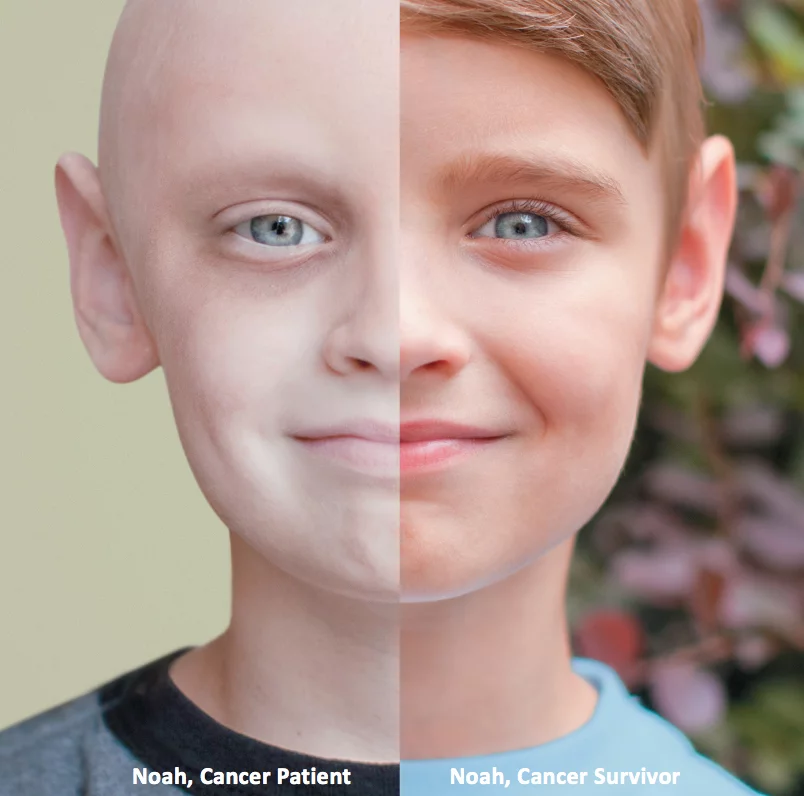For pediatric and AYA cancer survivors, a cure is not enough. I’ve never said the phrase A Cure Is Not Enough out loud. It sounds like the title of some sort of weird movie. I feel selfish for even thinking it. I am a long-term survivor of an incurable blood cancer and I thank my lucky stars daily for living as long as I have.
I was diagnosed in 1994 at the age of 34. At the time I didn’t think of myself as an adolescent and young adult (AYA) cancer patient but I learned later that the AYA group means anyone diagnosed between the ages of 15-39.
The reason for writing a blog post titled A Cure Is Not Enough is also something I have learned in the years after my cancer diagnosis and chemotherapy and radiation treatments in the late nineties.
My post cancer therapy life is all about the long-term and late stage side effects that result from aggressive toxic chemotherapy and radiation. The articles and studies linked below parse the cancers and health problems that come from all the toxicity that pediatric and AYA cancer survivors may be in store for but the bottom line is that all of us live with an increased risk of health problems that result from our cancer therapies.
The reason why I write A Cure Is Not Enough for pediatric and AYA cancer survivors is that I believe that many if not all of the long-term and late stage side effects from toxic therapies can be both managed and or healed. I believe this because I have spent the past twenty or so years learning to manage and or heal my own late-stage and long term side effects.
For more information about preventing, managing or healing long-term and late stage side effects from aggressive toxic therapies scroll down the page, post a question and I will reply ASAP.
Thank you,
David Emerson
- Cancer Survivor
- Cancer Coach
- Director PeopleBeatingCancer
For Patients With Cancer, Cure Is Not Enough
“Many studies have shown that childhood and adolescent cancer survivors are at increased risk for chronic medical problems and emotional late effects as they age.2– 5These late effects influence overall health and quality of life…
While the impact of cancer and its treatment on children is an area of increasing research, there is a paucity of late-effects data for young adults…
Initial studies of neurocognitive late effects in pediatric survivors have focused on the harmful effects of cranial irradiation on the developing brain, but more recent studies have examined the impact of chemotherapy alone in survivors of acute lymphoblastic leukemia (ALL). A recent meta-analysis of 10 studies included 509 survivors of ALL treated with chemotherapy alone and 555 controls.11 The study showed significant moderate impairments in full scale intelligence quotient (IQ), verbal IQ, performance IQ, working memory, information processing speed, and fine motor domains. However, while the neurocognitive impairments in patients with ALL have been well-established, there is a paucity of information about these outcomes in survivors of pediatric solid tumors….”
Long-term outcomes in childhood, young adult cancer survivors
“…examined the risk for hospitalization up to 34 years after a diagnosis of adolescent and young adult cancer. The study included 33,555 five-year cancer survivors diagnosed from 1943 through 2004 with a comparison group from the general population. The authors identified 53,032 hospitalizations in cancer survivors for one or more of 97 disease categories….”
Cancer survivors had an overall increased relative risk for hospitalization compared with those in the general population…
“Advances in cancer therapy have led to increased survival; there are more than 9 million 5-year survivors of cancer in the United States…
While the progress made in the management of cancer in children and young adults has been gratifying, we must remember the words of Giulio D’Angio, who reminds us that ‘cure is not enough.'”
Long-term Risk of Hospitalization for Somatic Diseases in Survivors of Adolescent or Young Adult Cancer
“Objective To examine relative and absolute excess risk for hospitalizations up to 34 years after diagnosis of adolescent and young adult cancer compared with population comparisons…
Results After a median follow-up of 14 years, we identified 53 032 hospitalizations in cancer survivors, whereas 38 423 were expected, resulting in an overall RR of 1.38 (95% CI, 1.37-1.39)…
Conclusions and Relevance The large number of survivors and the use of hospital discharge diagnoses made it possible to draw a comprehensive picture of the complex inpatient disease burden experienced by survivors of adolescent and young adult cancer. The findings underscore a great diversity of cancer-related health problems that physicians and patients should be knowledgeable about.”



